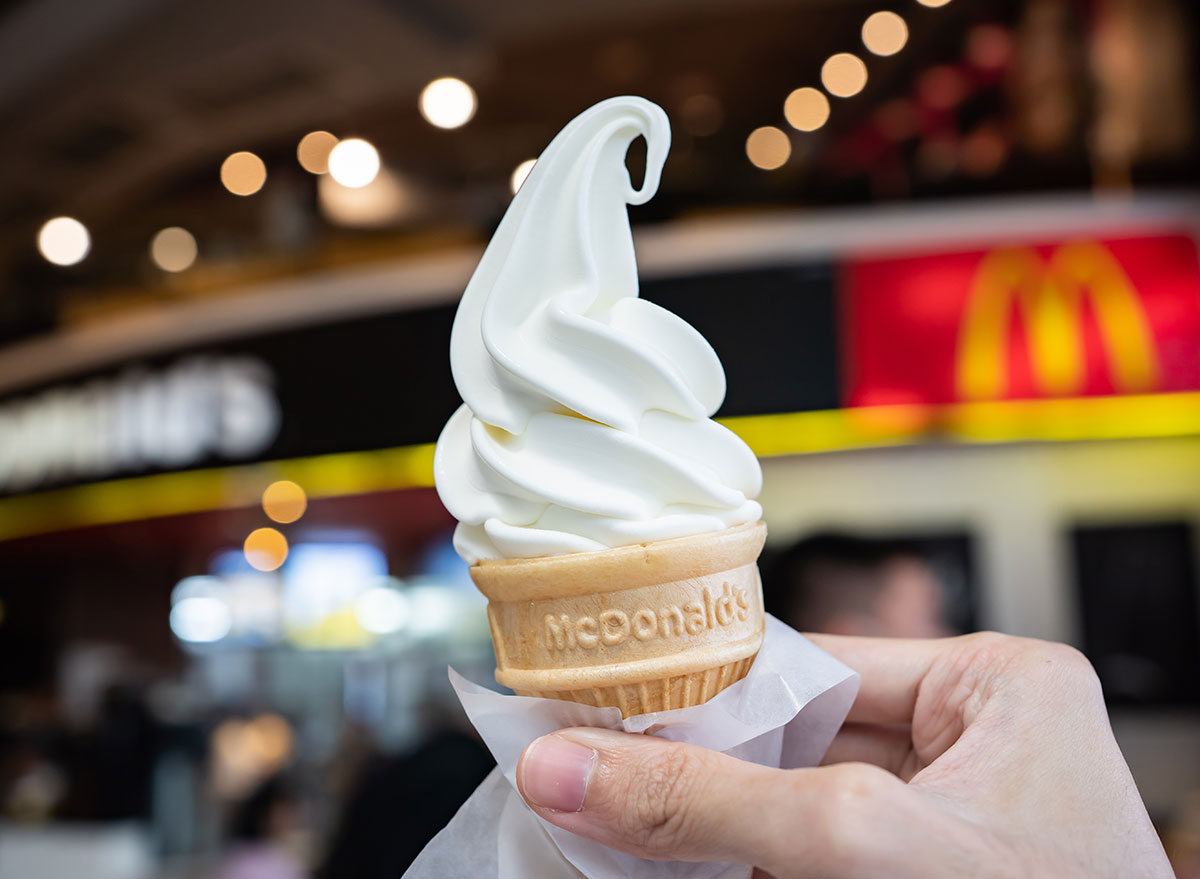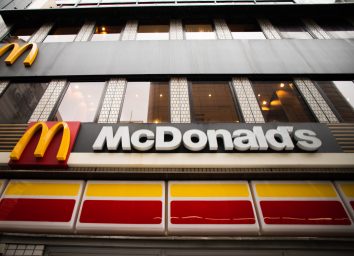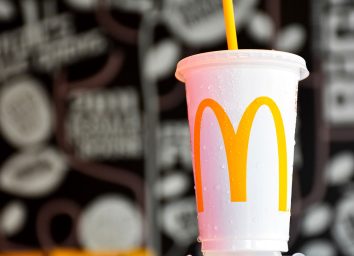McDonald's Is Being Sued In the Ongoing Soft Serve Controversy

McDonald's has been criticized for many things in recent years, but one complaint is simply just a fact: its soft serve machines are constantly out of commission. The finicky machines at McDonald's are such a cliché that a whole website has been dedicated to tracking their malfunction around the country (nearly 9% of U.S. machines are broken as of writing). The elusive soft serve and McFlurries have spawned memes, conspiracy theories, and even led to several competitors poking fun at Mickey D's.
Then in the fall of 2020, McDonald's franchisees banded together to form a soft-serve salvation squad, which resulted in the use of a device that tapped into the soft serve machine's inner workings and allowed restaurant owners to more easily identify a solution to the machine's ever-present problems.
For more fast-food news, check out 8 Worst Fast-Food Burgers to Stay Away From Right Now.
Unfortunately, it seems that as soon as operators started seeing the benefits of the new technology (created by a software company called Kytch), McDonald's decided to sabotage the whole operation.
Now, Kytch is suing the chain to the tune of $900 million for halting the software company's success and making false accusations about the safety of their devices.
The lawsuit brought forth by Kytch isn't necessarily a surprise. The company sued McDonald's ice cream machine manufacturer Taylor and its distributor last spring for theft of trade secrets. The weird part is that, through the discovery process of the lawsuit, Kytch found that McDonald's, not Taylor, spearheaded efforts to copy Kytch's product and spread negative rumors about the company.
But why is McDonald's getting all worked up about a tool that actually fixes their ice cream machines? Kytch has a few theories.
The first theory is that of a "lucrative scheme" going on between McDonald's and Taylor. By allowing Taylor to monopolize the manufacturing and repair of their ice cream machines (which Kytch alleges were designed to malfunction), McDonald's is helping the company reap millions of dollars in revenue. In turn, Taylor continues to create new kitchen products exclusively for McDonald's.
Another theory is that the number one fast-food chain was mad that Kytch solved their problem without them, while McDonald's had been "trying" to figure out a solution with Taylor for the last twenty years.
"Positive coverage about Kytch angered McDonald's," reads the complaint put forth by Kytch. The complaint further accuses McDonald's and Taylor of joining forces to "drive Kytch out of the marketplace." It continues: "According to Taylor's internal emails 'McDonald's [was] putting all of their eggs in this basket to fight Kytch' because '[t]hey have nothing else ready from their own IT Team.'"
The lawsuit puts forth both of these theories as reasoning why McDonald's allegedly made false accusations against Kytch while simultaneously trying to steal its technology. The complaint also alleges that the fast-food chain and Taylor "enlisted a group of Kytch Trial participants to develop a competing product that would prevent Kytch from fixing the machines" and "held bi-weekly meetings devoted to copying Kytch's technology."
While it seems strange that McDonald's wouldn't welcome a solution to its soft-serve woes with open arms, you can't forget that the fast-food chain itself was allegedly founded on a stolen idea, depending on who you ask. Businessman Ray Kroc calls himself the founder, but many other sources say he stole the concept and burger recipes from the McDonald brothers.
It's unclear how this legal battle will pan out, but it looks like you probably won't be having an easier time getting a McFlurry anytime soon—sorry!









